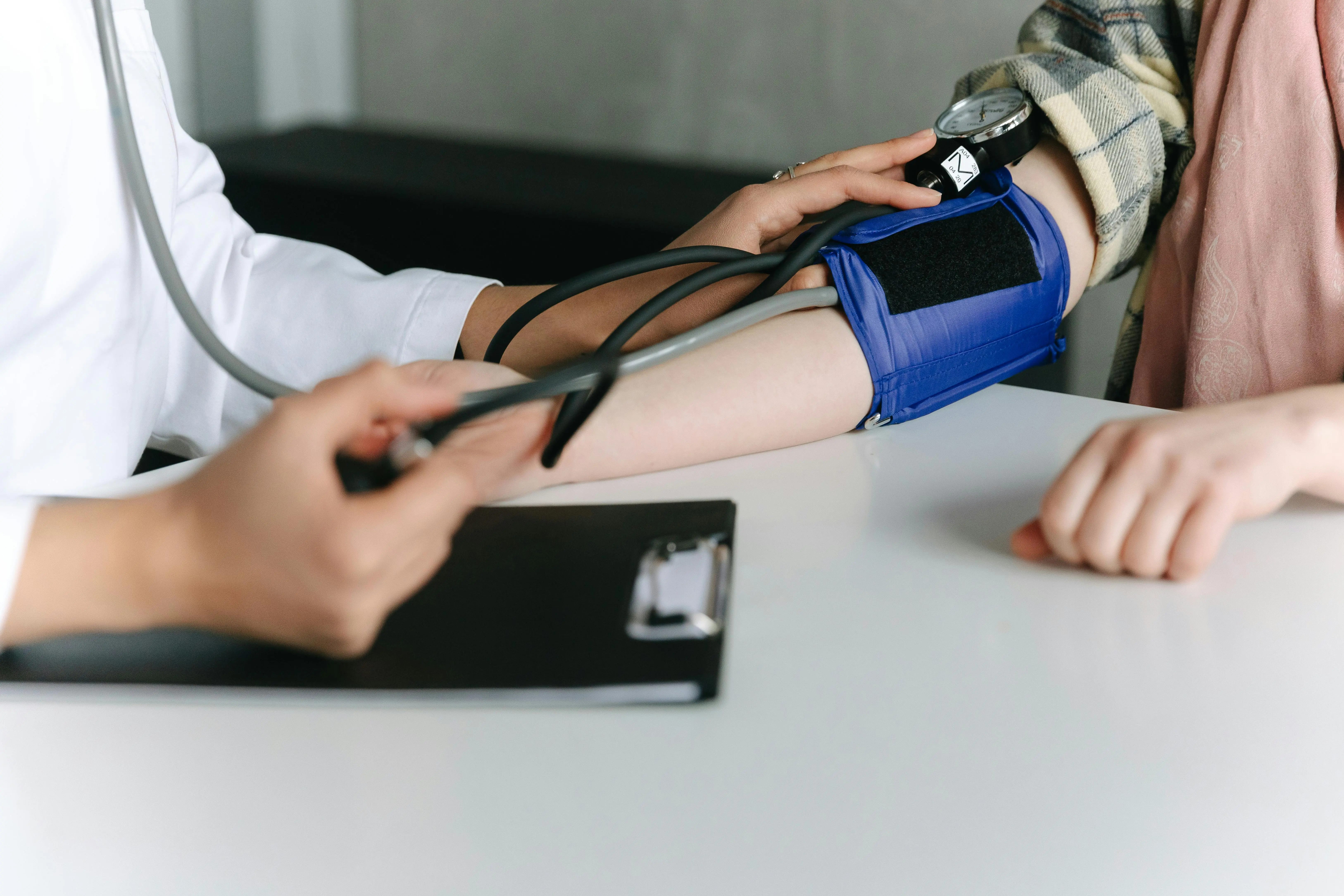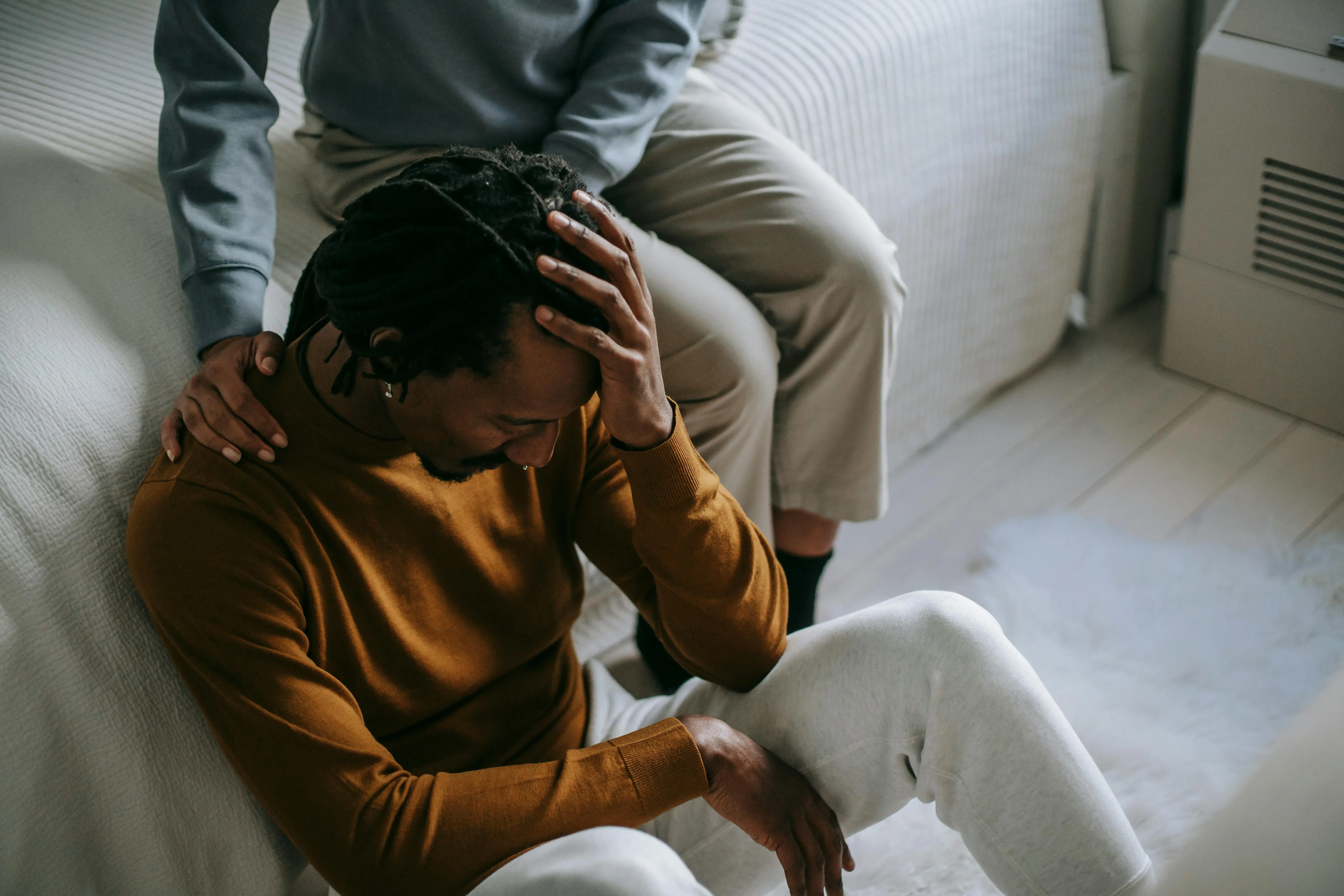What Is Unipolar Depression?
July 16, 2025

Disclaimer: Human Health is not recommending any specific medical treatment for any particular symptom, nor providing any other medical advice. Always seek the advice of your doctor regarding any medical concern.
Depression is a common mental health condition, with the World Health Organization reporting that approximately 5% of adults around the world have the condition. It is characterized by low moods, fatigue, and decreased pleasure or interest in previously enjoyable activities.
What is unipolar depression?
Unipolar depression is also known as Major Depressive Disorder (MDD). MDD is a clinical diagnosis listed in the Diagnostic and Statistical Manual of Mental Disorders (DSM-5), which contains the criteria for diagnosing many neurological and psychiatric conditions.
For more information about how unipolar depression (MDD) is diagnosed, click here to read a clear summary of the diagnostic criteria.
What does ‘unipolar’ mean?
The word unipolar in relation to depression is used to describe a condition that does not involve episodes of mania in addition to episodes of depression.
Depressive episodes are not exclusively seen in unipolar depression. Bipolar disorder is also characterized by periods of depression. However, bipolar disorder also results in manic moods, or states of extremely high energy, known as mania.
What are the common symptoms of unipolar depression?
Some of the symptoms of unipolar depression include:
- Depressed mood most of the day
- Diminished interest or pleasure in most activities
- Significant weight loss or weight gain (without trying)
- Persistent decrease or increase in appetite
- Difficulty sleeping or excessive sleeping almost every day
By consistently logging your moods with a mental health journal, you can identify triggers, patterns, and opportunities for positive change. Journaling not only helps you track emotional shifts over time but also gives you valuable insights you can share with your healthcare provider.
How do I know if I have unipolar depression?
If you think you may be experiencing a depressive episode, please reach out to a trusted medical practitioner for help. It may help to keep a record of your symptoms leading up to the appointment, so you can provide a clear picture to your doctor about how you’ve been feeling, and how your symptoms have been affecting you.
Human Health is a free health tracking app designed to make it easy to track your symptoms and any treatments you may be taking, so that you can communicate better with your healthcare team and make informed and empowered decisions throughout your health journey.
Click here to download Human Health.
We hope this article has been helpful to you. If you think this information could help someone else, please share it with them. We’d love for our resources to reach those who need them.
Resources
- World Health Organization Fact Sheet: Depressive disorder (depression)
- Diagnostic and Statistical Manual of Mental Disorders (5th Edition).
This is a div block with a Webflow interaction that will be triggered when the heading is in the view.










.jpg)





.png)

